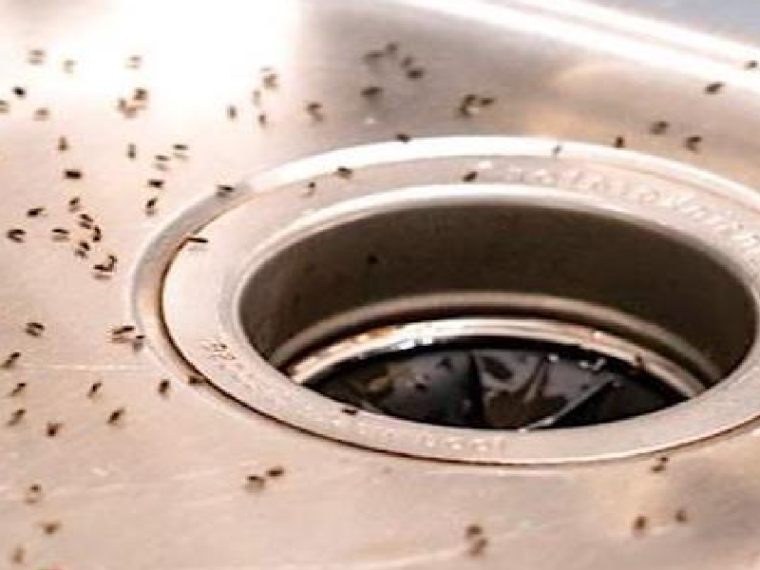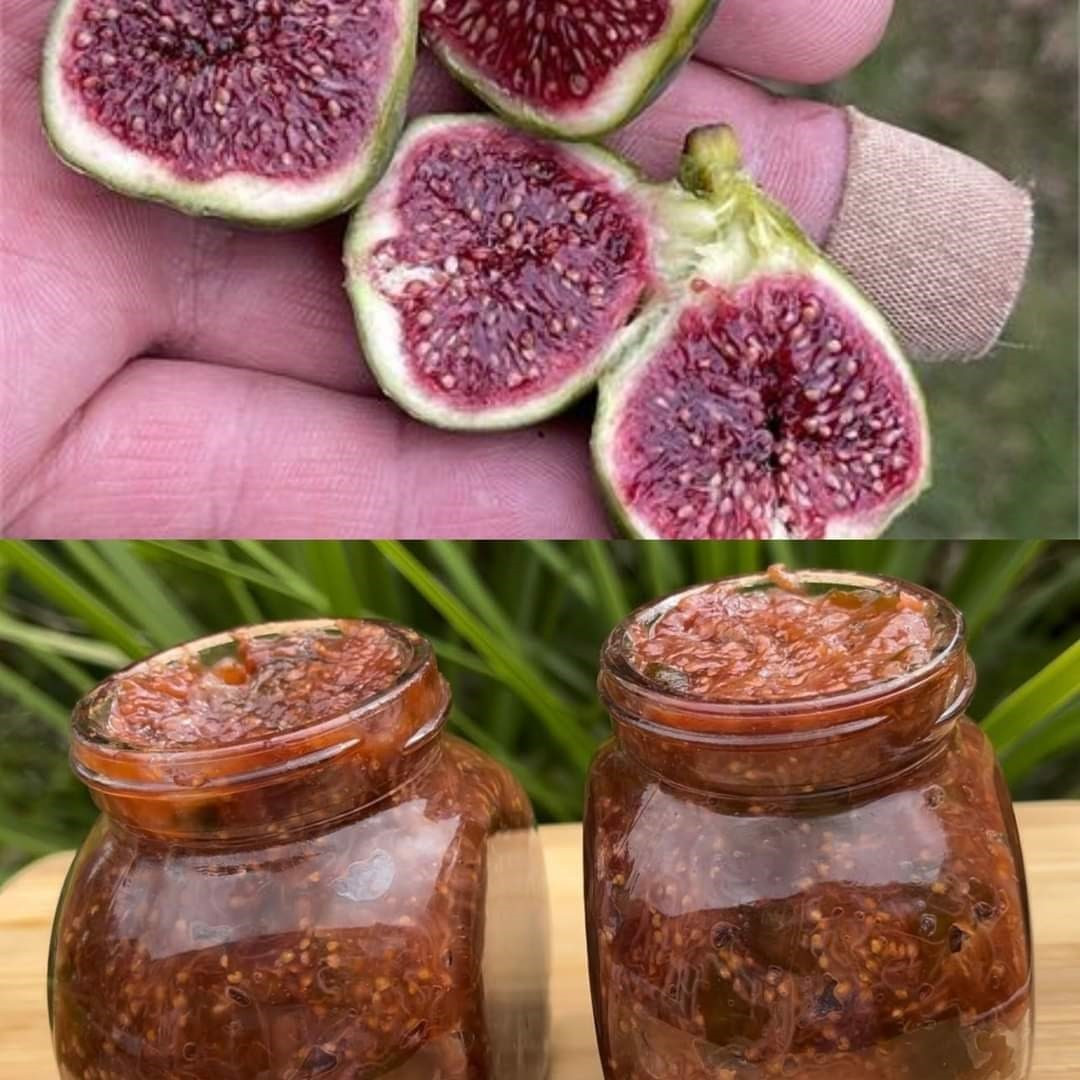Banishing Kitchen Midges: A Natural and Effective Guide
Are tiny, pesky midges invading your kitchen? Don’t despair! This comprehensive guide offers natural and environmentally friendly solutions to rid your home of these unwanted guests, ensuring a clean and pest-free culinary space. We’ll explore simple yet highly effective strategies to reclaim your kitchen.
Preventing a Midge Paradise: Proactive Measures
The key to successful midge control lies in prevention. Creating an inhospitable environment for these tiny insects is far easier than battling a full-blown infestation. Here’s how to start:
Keep Food Secure: No Visible Feast!
Midges are drawn to readily available food sources. The simplest solution? Minimize exposed food. After meals, promptly refrigerate leftovers, ensuring they’re securely sealed with cling film or airtight containers. This eliminates the primary attractant, preventing midges from even setting foot in your kitchen.
Dish Duty: A Swift and Clean Operation
Dirty dishes are a midge magnet, offering a smorgasbord of delectable food scraps. Don’t let them accumulate! Wash dishes immediately after use, or load the dishwasher promptly and close the door to prevent access. A quick and consistent dish-washing routine significantly reduces midge attraction.
Trash Talk: Regular Emptying is Crucial
Your trash can is a potential breeding ground for midges. They seek shelter and lay their eggs in the decaying organic matter. To combat this, empty trash cans regularly, preferably daily. Invest in a trash can with a tightly fitting lid to minimize access, and cover your compost meticulously. Furthermore, clean and deodorize your trash cans – both indoor and outdoor – daily to eliminate lingering food odors.
Tackling the Root of the Problem: Addressing Existing Issues
Even with preventative measures, you might find yourself dealing with a midge problem. The following steps will help eradicate existing infestations:
Sick Plants: A Breeding Ground?
Overwatered or decaying plants can unexpectedly attract midges. Inspect your kitchen plants carefully. If you notice any signs of illness or decay, address the issue promptly. This may involve repotting, trimming affected parts, or, if necessary, replacing the plant entirely to prevent further infestation. Healthy plants will greatly reduce your risk of midges using them as a breeding site.
(Note: The original article ended abruptly. Further sections could explore additional natural remedies like vinegar traps or essential oil diffusers, along with emphasizing the importance of consistent cleaning practices for long-term midge prevention.)




